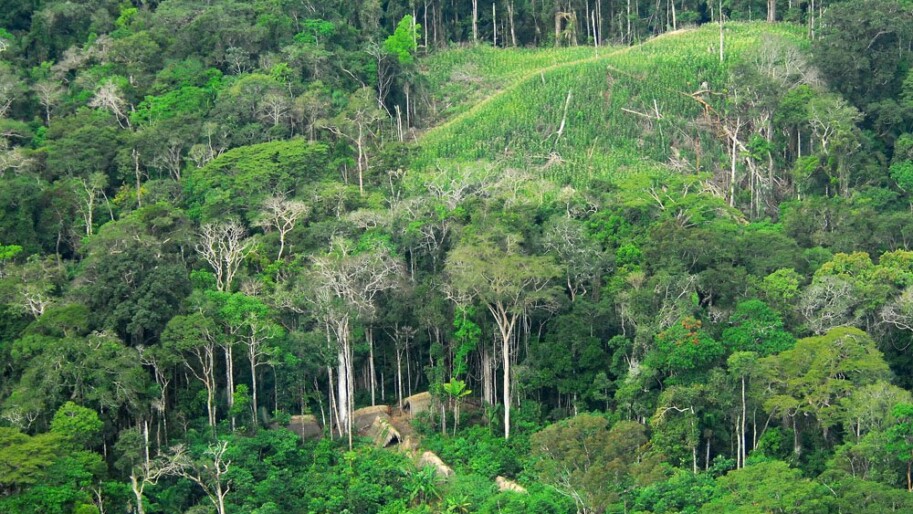by John Vidal, The Guardian
Highlights:
As humans continue to encroach on wildland for development, the exposure to more zoonotic diseases increases, which could cause more pandemics:
- As more people log, mine, and develop roads and towns in tropic forests and other important wildlife habitats, humans increase their chances of contracting diseases and unknown viruses
- The US Centers for Disease Control and Prevention estimates that three-quarters of new or emerging diseases that infect humans originate in animals
- Zoonotic diseases that have infected humans in the past include ebola, SARS, MERS, rabies, lyme, and the plague
- In 2008 researchers identified 335 diseases that emerged within the last 50 years and around 60% came from animals
- Diseases are likely to spring up in both natural and urban environments as densely packed cities have bats and rodent populations that can carry viruses
- “Wet markets” around the world selling wild animals and bushmeat along with produce have mass potential to be large hosts of various pathogens and zoonotic diseases
The COVID-19 pandemic is a stark reminder that we ignore the science at our own peril and early action saves lives. To avert dire consequences in-state and to inspire greater climate action worldwide, California must accelerate its climate leadership and policy timelines now.

Nina Turner
Energy Programs and Communications CoordinatorJanina is a graduate of the Energy Management and Design program at Sonoma State University with experience in non-profits that specialize in sustainability and volunteerism.

